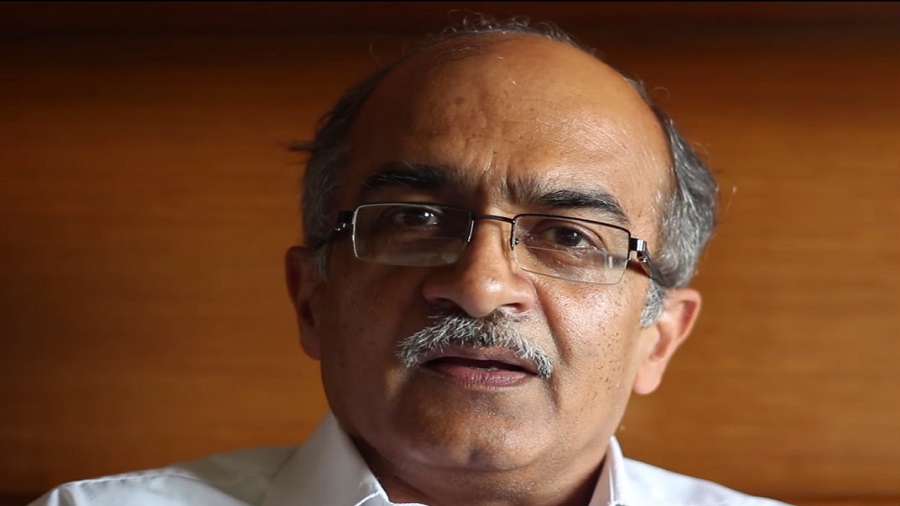It would seem that the sequence of events following two tweets by Prashant Bhushan has drawn to a close. But a conclusion is hardly satisfactory when it gives rise to more questions. Many see the ending of the Supreme Court’s case of criminal contempt against Mr Bhushan as a moral victory for him, for all he had to do was pay a fine of one rupee. Yet the Supreme Court convicted him of criminal contempt of court, which includes scandalizing the institution and its officers, thus lowering its dignity in the eyes of the people. This definition of criminal contempt is usually linked to words or acts that are intended to obstruct the delivery of justice or the administration of the judicial system. The court decides whether lowering its dignity is also affecting its functioning. This power is bequeathed to it by the Constitution: an earlier judgment makes this clear.
Mr Bhushan’s tweets prompted an important section of the judicial community to discuss aspects of the law against contempt and the problems of its application. There was also widespread response on mainstream and social media, where his point of view, too, received publicity. This special focus would be lacking in the case of a citizen not so well-known. The court’s conviction for criminal contempt stands; it has further said that the right to freedom of speech is not absolute — it cannot be abused in order to scandalize a public institution and its officers who cannot defend themselves. Anyone who is not a known figure convicted of criminal contempt would be unlikely to receive the benefit of publicly expressed professional, analytical and popular opinion. Mr Bhushan’s case underlines the need for a review of the law. Why is criticism of the court or of judges, even if baseless, a crime? Britain abolished this law after 1930; the United States of America, Canada and Australia no longer apply it. Free public expression of opinion can only strengthen an institution, feel some judges in these countries, adding that the court is not so fragile as to wither away at criticism. India, too, might find it pertinent to reassess the relationship of the independence and dignity of the judiciary with public discussion and criticism. Not fear, but fairness, should be the foundation of an institution’s superiority.










